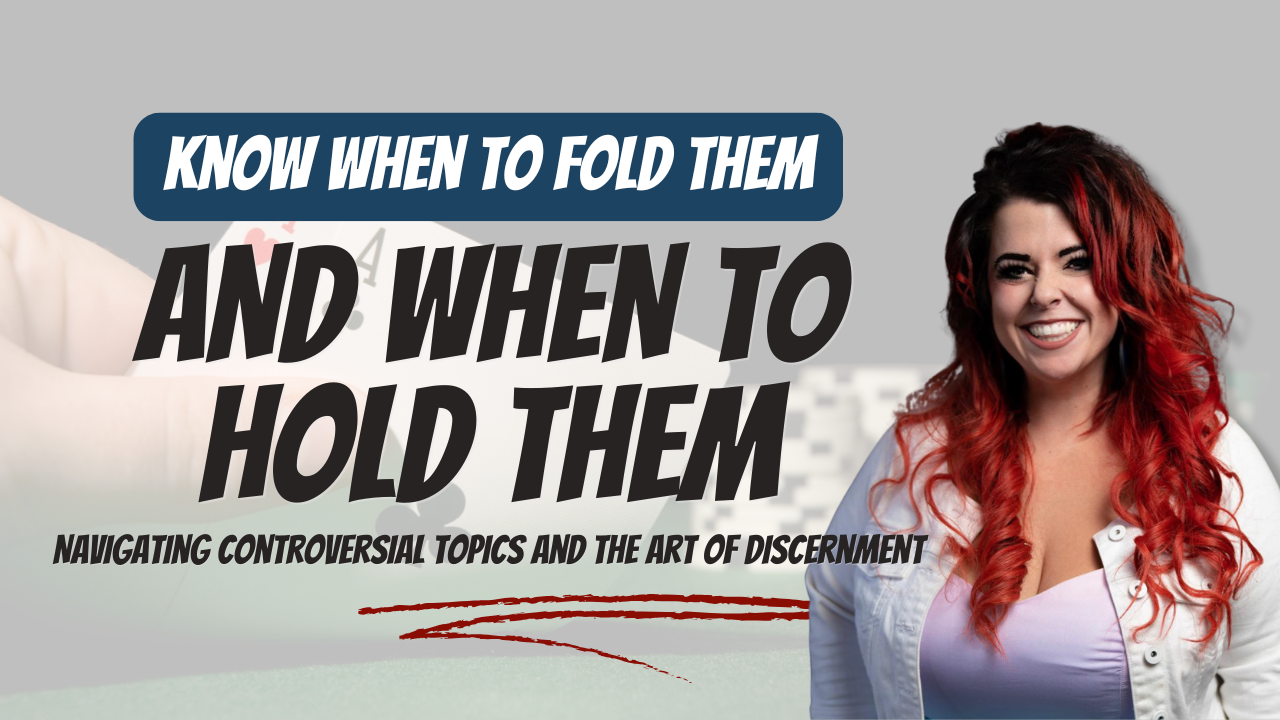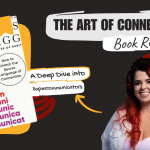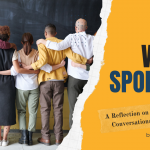Navigating Controversial Topics on Social Media: The Art of Discernment and Digital Dialogue
In today’s hyper-connected world, social media has become the public square for discussion, debate, and, unfortunately, division. Controversial topics—especially politics, social issues, and cultural debates—can spark passionate conversations but can also lead to misinformation, emotional exhaustion, and damaged relationships. While some argue that engaging in these discussions is essential for progress, others find them to be draining and unproductive. The key to navigating these digital debates lies in discernment, understanding confirmation bias, and knowing how to engage—or disengage—safely.
The Personal Struggle: Finding Balance Between Advocacy and Neutrality
I was once deeply immersed in politics, excelling in my government classes and consuming political content avidly. Over time, however, I realized that voicing opinions on social media rarely changes minds. A decade ago, as I transitioned into being a small business owner and volunteer, I decided to change how I handled politics online to avoid alienating anyone. However, after seeing Hamilton and hearing the quote, “if you stand for nothing, you fall for everything,” I began reevaluating my stance. I want my social media space to be uplifting, not divisive, but I also want to stand firm in my beliefs. I am still trying to figure out what that looks like for me as I grow
I often get asked, as a social media teacher, whether people should talk about politics online. My response? “Know your audience.” Most people surround themselves with like-minded individuals, making it relatively safe to express views within their circles. However, even neutral stances can backfire. A friend in real estate once took a balanced approach to a topic, only to face unexpected backlash that impacted her reputation.
The Benefits of Discussing Controversial Topics Online
- Encouraging Civic Engagement – Thoughtful discussions can raise awareness and inspire action on important social and political issues.
- Expanding Perspectives – Engaging with different viewpoints can challenge assumptions and foster intellectual growth.
- Building Community – Finding like-minded individuals through online discourse can create a sense of solidarity and support.
- Refining Critical Thinking – Analyzing and responding to opposing views can sharpen reasoning and argumentation skills.
- Holding Power Accountable – Social media has played a role in exposing injustices and mobilizing movements, proving its potential for societal impact.
The Drawbacks: Why It’s Not Always Worth It
- Echo Chambers and Confirmation Bias – Social media algorithms prioritize content that aligns with users’ existing beliefs, reinforcing biases rather than broadening perspectives.
- The Backfire Effect – Studies show that when confronted with opposing evidence, people often double down on their original beliefs rather than reconsider them.
- Emotional Drain and Mental Health Struggles – Constant exposure to negativity and conflict can contribute to stress, anxiety, and burnout.
- Misinterpretation and Tone Issues – Text-based conversations lack tone and nuance, leading to misunderstandings and unnecessary conflicts.
- Cancel Culture and Reputation Risks – A single comment can be taken out of context, leading to backlash or even professional consequences, much like my friend I mentioned above. I actually have a weird take on cancel culture, and I believe the allusion of it exists more than the actual concept does, but maybe thats another discussion for another day.
Understanding Confirmation Bias, Perception Bias, and the Backfire Effect
Confirmation bias—the tendency to seek out and interpret information that supports our preexisting beliefs—plays a huge role in online debates. Social media platforms exacerbate this by curating content that aligns with users’ past engagement. As a result, individuals rarely encounter diverse viewpoints organically.
Another psychological factor at play is perception bias or selective perception. Even if two people witness the same event, their interpretation may differ based on their background, emotions, and preconceived notions. This explains why news sources can present the same event differently—and why people may accuse neutral sources of bias, a phenomenon known as the hostile media effect.
The backfire effect compounds these issues. When confronted with contradictory evidence, rather than reconsidering their stance, many people become more entrenched in their beliefs. Recognizing these psychological tendencies can help us approach discussions with more patience and strategy.
How I Engage (or Choose Not To)
For my own mental well-being, I rarely engage in online political discussions—about 96% of the time (I made that number up fyi). I know that interacting with controversial content increases the likelihood of seeing more of it on my feed, and ignorance truly can be bliss. However, if a major issue arises and someone genuinely seems to misunderstand something, I’ll step in to provide context, as I did in my recent article on DEI.
While online conversations have never fundamentally changed my views, private discussions have broadened my perspective. Politics itself is exhausting, and attempting to persuade others to see things my way is even more so. That’s why I typically reserve deep conversations for my inner circle.
I also don’t follow traditional news sources, as most have an inherent bias. If you name a news outlet, you can probably identify its target audience. Many of these organizations have even admitted to sensationalizing stories for clicks. Instead, I appreciate content creators like “Jordan Is My Lawyer” on TikTok, who present multiple perspectives on the same issue before distilling the core facts. Even then, I recognize that true neutrality is nearly impossible—because even if two people witness the same event, they’ll walk away with different stories based on their own perceptions.
How to Engage Productively (or Know When to Walk Away)
- Ask, “What’s My Goal?” – Are you looking to inform, understand, or persuade? If the goal is to win an argument, reconsider engaging.
- Check Your Emotional State – Are you reacting out of frustration or genuine curiosity? If emotions are running high, take a pause.
- Use “I” Statements – Framing responses as personal experiences (e.g., “I’ve found that…”) can reduce defensiveness and foster dialogue.
- Fact-Check Before Sharing – Avoid spreading misinformation by verifying sources and cross-referencing claims.
- Engage in Good Faith – Ask clarifying questions instead of making assumptions. Genuine curiosity is more productive than point-scoring.
- Know When to Disengage – If a conversation turns toxic, consider muting, unfollowing, or blocking. Protect your mental energy.
- Limit Doomscrolling – Set boundaries on your social media consumption to avoid getting sucked into endless, stressful debates.
Final Thoughts
Social media can be a tool for positive change, education, and community-building—but only if used wisely. By understanding the psychological traps that influence online discourse and practicing discernment, we can navigate controversial conversations more thoughtfully. Engaging in good faith, recognizing when discussions become unproductive, and setting healthy boundaries are all essential strategies for maintaining digital well-being. Whether you choose to speak up or scroll on, the power to shape your online experience is in your hands.








Leave a Reply